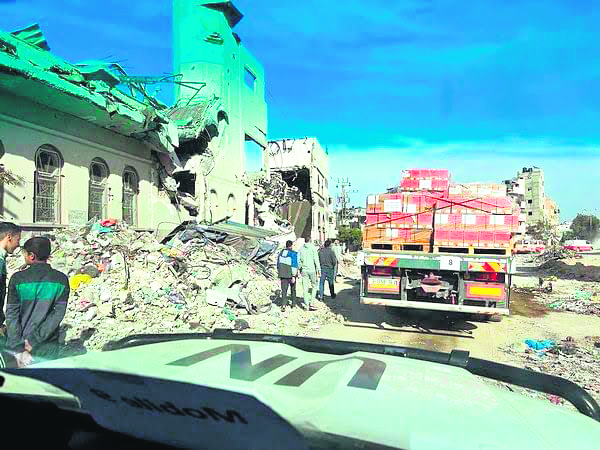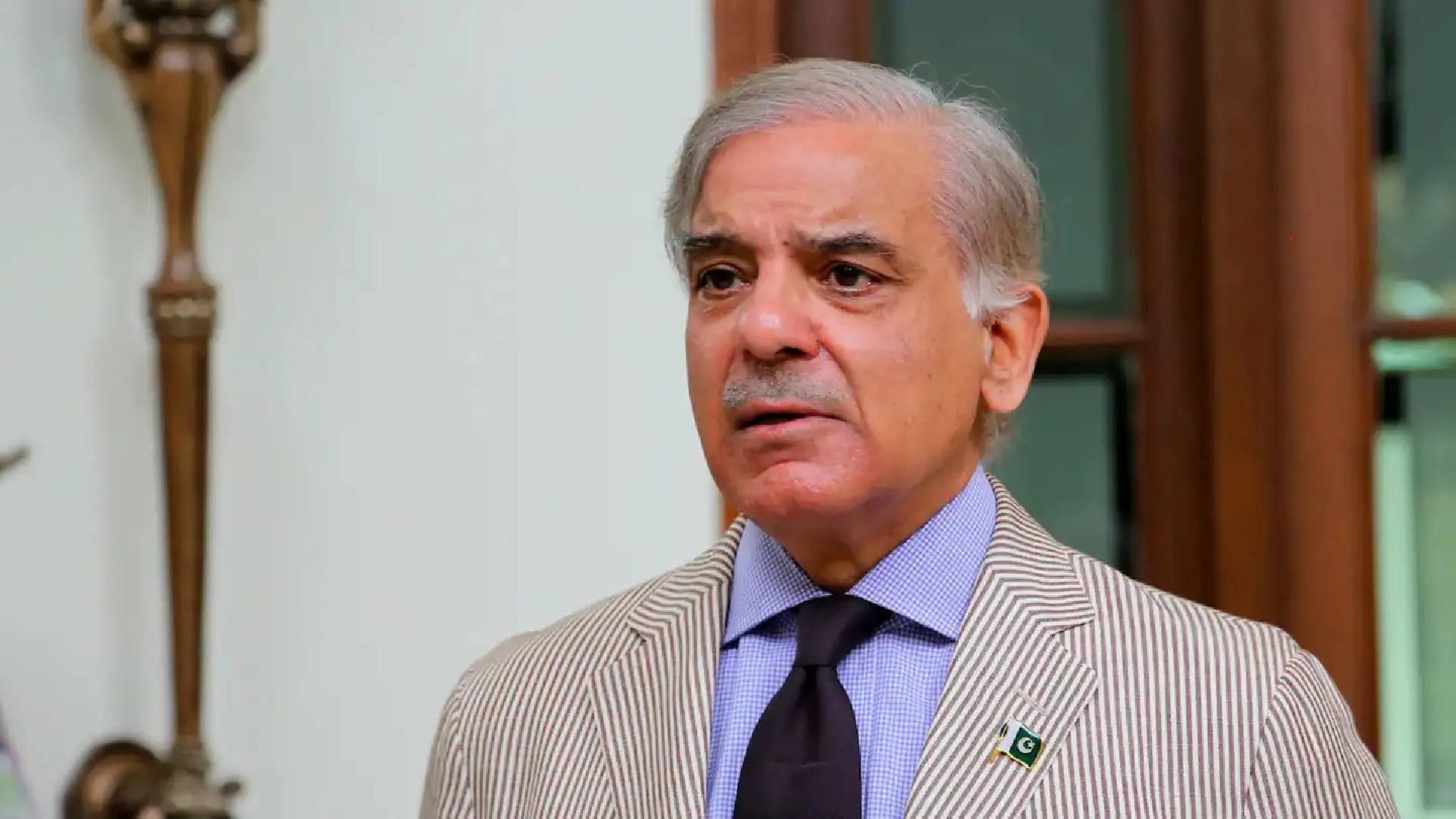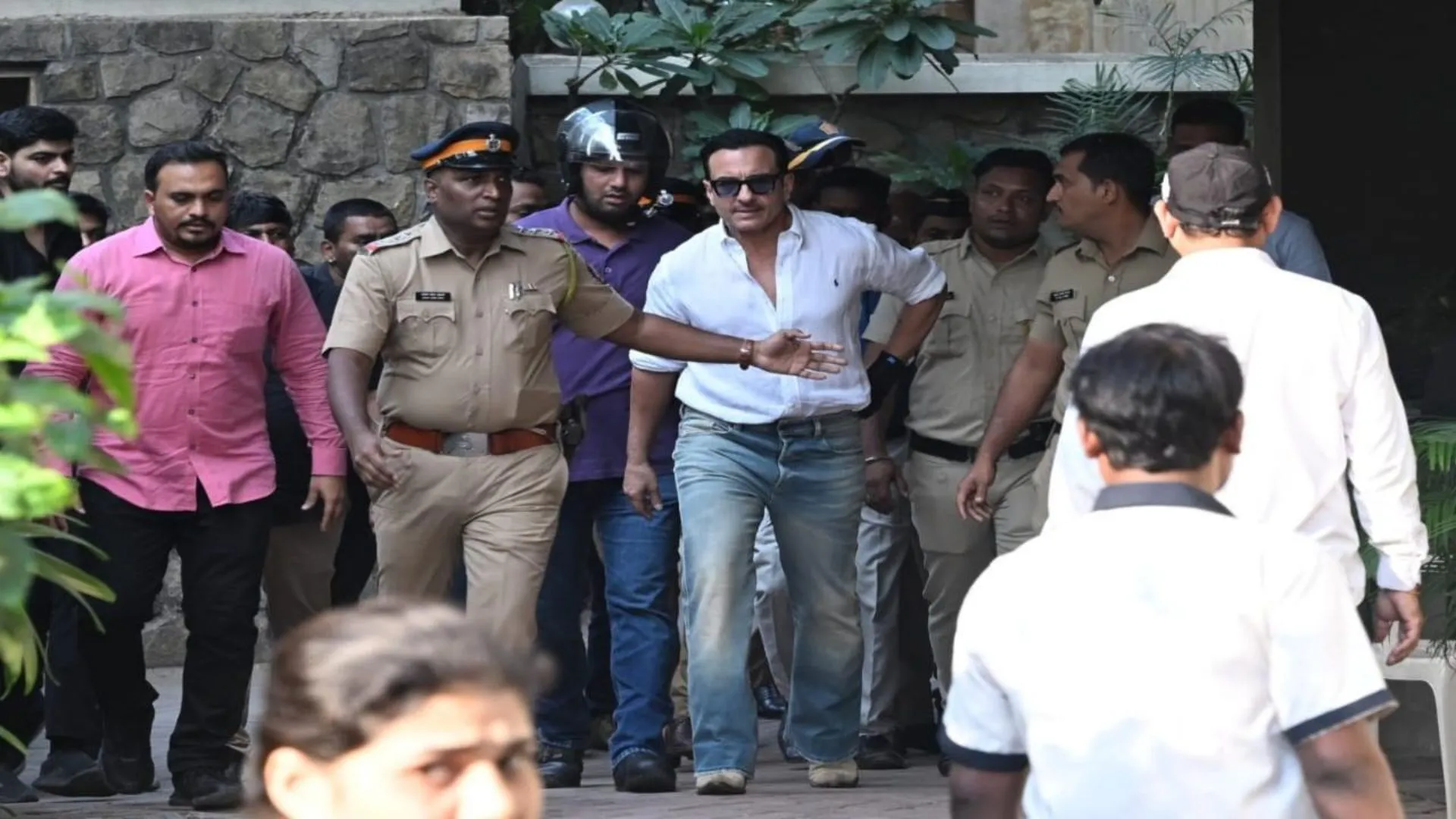Accusing Israel of prolonging the health and rescue mission in Gaza by detaining health workers and attacking aid trucks, World Health Organisation (WHO) chief Tedros Adhanom Ghebreyes informed that one patient sustaining grave injuries died due to delay in getting treatment.
Taking to X (formerly Twitter), Tedros said, “We received greater detail on Saturday’s high-risk @WHO-led mission in #Gaza to Al-Ahli Hospital. We are deeply concerned about prolonged checks and detention of health workers that put lives of already fragile patients at risk”.
He alleged the mission was stopped twice at the Wadi Gaza checkpoint, while on the way to north Gaza and on the way back, adding that some staff members of Palestine Red Crescent Society were also detained.
The WHO chief added that as the mission entered Gaza City, the aid truck carrying the medical supplies and an ambulance were hit by bullets.
He further alleged that several patients and Red Crescent’s workers were taken out of the ambulance for identification and many health workers were questioned for several hours.
“Due to the hold-up, one patient died en route, given the grave nature of their wounds and the delay in accessing treatment,” Tedros said.
He added, “The people of Gaza have the right to access health care. The health system must be protected. Even in war”.
Earlier, the WHO Chief had informed that WHO and partners managed to deliver essential trauma and surgical supplies to Al-Ahli hospital in a “very high-risk mission” in the vicinity of active shelling and artillery fire.
He added that the hospital was substantially damaged and in dire need of oxygen and essential medical supplies, adding that he hopes for a sustained ceasefire and scaled-up humanitarian response.
Earlier, the WHO chief expressed concern saying that the healthcare system in Gaza is “on its knees and collapsing” and expressed regret at the failure to pass a resolution in UN security council calling for a ceasefire.
CNN reported quoting Tedros, that only 14 out of the 36 hospitals in the Gaza Strip are partially functional. As an example on the conditions, he also pointed out how two major hospitals in southern Gaza are operating at three times their bed capacity.

















